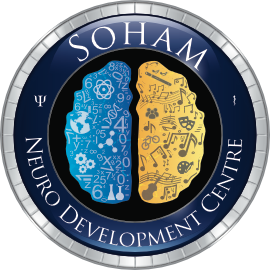
Conduct Disorder
Conduct disorder is a serious behavioral and emotional disorder that can occur in children and teens. Many youths with conduct disorder may have trouble feeling and expressing empathy or remorse and reading social cues. They youth often misinterpret the actions of others as being hostile or aggressive and respond by escalating the situation into a conflict.
It is typical for children and teenagers to experience behavioral issues at some point during their development. However, if the behavior is long-term, abuses the rights of others, goes against agreed standards of behavior and disrupts the child or family’s daily life, it is called a conduct disorder.
Conduct disorder may also be associated with other difficulties such as substance use, risk-taking behavior, school problems, etc. Some of the symptoms of conduct include aggressive behavior, destructive behavior, deceitful behavior, violation of rules. Children with conduct disorder have a risk of growing up into adults who are in constant conflict with the law.
Psychotherapy and counselling can help teach the child how to properly express and regulate their feelings. In addition, the mental health professional works with parents to see how best to handle the child’s actions to home. Children with conduct disorder normally need long-term care because it requires time to develop new patterns of thinking and behaving. Early treatment can help to delay the disorder’s progression and lessen the severity of negative behaviors.
